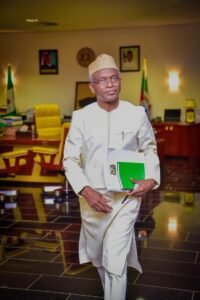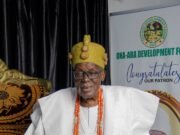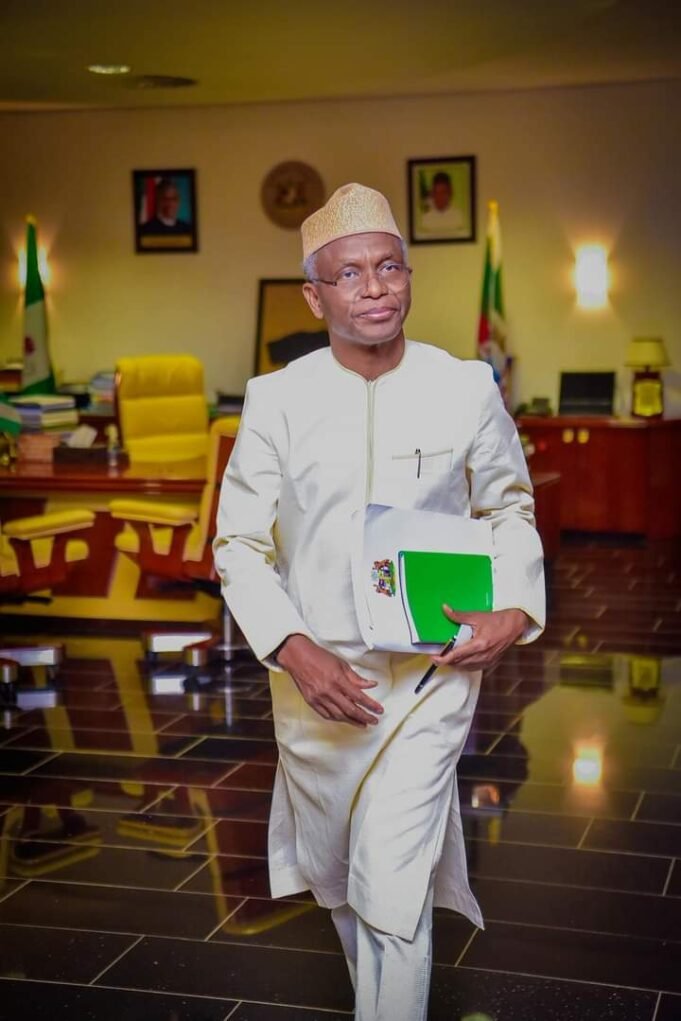By Arogundade Toheeb, Sustainability Expert
Since Nigeria’s independence, political coalitions have played a crucial role in shaping governance and election outcomes. From the NPC-NCNC alliance in 1960 to the APC merger in 2013, history shows that no single party has been able to sustain dominance without forming strategic alliances.
As 2027 approaches, recent political maneuvers—including Nasir El-Rufai’s defection to the Social Democratic Party (SDP)—indicates tanother grand coalition is in the making.
A History of Political Alliances
First Republic: The NPC-NCNC Alliance (1960-1966)
In 1960, the Northern People’s Congress (NPC), led by Ahmadu Bello, won the majority but required a coalition to govern. It allied with the National Council of Nigerian Citizens (NCNC), led by Nnamdi Azikiwe. However, this partnership collapsed before the 1966 military coup.
Second Republic: Fragile Coalitions (1979-1983)
In 1979, the National Party of Nigeria (NPN) allied with the Nigeria People’s Party (NPP) to form a government. However, internal disagreements led to the alliance’s breakdown, contributing to the republic’s collapse after the 1983 coup.
Third Republic: Two-Party System and the SDP’s Role (1993)
Under General Ibrahim Babangida, Nigeria operated a two-party system:
– Social Democratic Party (SDP) – Progressive
– National Republican Convention (NRC) – Conservative
Chief Moshood Kashimawo Olawale Abiola, MKO of Social Democratic Party (SDP) won the 1993 presidential election, but its annulment triggered a political crisis that led to the collapse of the Third Republic.
Fourth Republic: The Rise of Mergers (1999-Present)
From 1999 to 2011, the People’s Democratic Party (PDP) maintained dominance while opposition parties remained fragmented.
However, in 2013, opposition forces merged to form the All Progressives Congress (APC), a coalition of ACN (Bola Tinubu), CPC (Muhammadu Buhari), ANPP, a faction of APGA, and the New PDP (nPDP) defectors. This alliance led to Buhari’s victory in 2015, marking Nigeria’s first electoral defeat of an incumbent president.
The 2023 Elections and the Future of Coalitions
The emergence of the Labour Party (LP) in 2023, led by Mt. Peter Obi, demonstrated Nigerians’ appetite for alternatives. However, LP’s lack of coalition support limited its success. This shift signaled potential realignments ahead of 2027.
El-Rufai’s Defection to SDP: A Calculated Move
El-Rufai’s defection is not an impulsive decision; it is a well-planned move with historical precedent. His strategy includes:
~Strengthening SDP as a National Force – Positioning it as a credible alternative to APC and PDP.
~ Laying the Groundwork for a Grand Coalition – Similar to the APC merger in 2013, smaller parties could unite into a formidable bloc.
~Avoiding Internal APC Conflicts – With deep divisions within APC, key figures like El-Rufai prefer to build a new platform rather than engage in intra-party struggles.

Political and Economic Sustainability: The Highest Bidder Wins
In economic sustainability, resources flow to the most valuable option. Politics follows the same pattern—politicians align with the parties that give them the best chance of winning. In 2013, opposition forces saw APC as the strongest alternative to PDP. In 2027, a similar trend will unfold as politicians “invest” in the most promising coalition.
READ ALSO: JUST IN: Nasir El-Rufai Dumps APC for SDP
Advice for President Tinubu: Avoiding APC’s Collapse
To prevent APC from losing ground, President Bola Ahmed Tinubu must act decisively:
– Strengthen Internal Unity – The biggest threat to APC is internal division. The party must address grievances and prevent further defections.
– Implement Visible Economic and Social Reforms – Voters will judge APC based on its handling of inflation, unemployment, and security.
Engage Key Political Stakeholders – Rebuilding trust among estranged leaders is essential.
– Counter Opposition Coalitions Early – Anticipate a 2027 mega-coalition and counter it proactively.
-Leverage Good Governance for Political Stability – Delivering real economic benefits will weaken opposition movements.
Conclusion: Political Evolution is Inevitable
From the NPC-NCNC alliance in 1960 to the APC merger in 2013, history has proven that coalitions determine Nigeria’s electoral outcomes. El-Rufai’s defection signals the start of a new political realignment.
For President Tinubu, this is not a time for complacency—it is a time for strategic governance and political maneuvering. Only those who understand the game of sustainability and survival will emerge victorious in Nigeria’s ever-evolving political landscape.











































